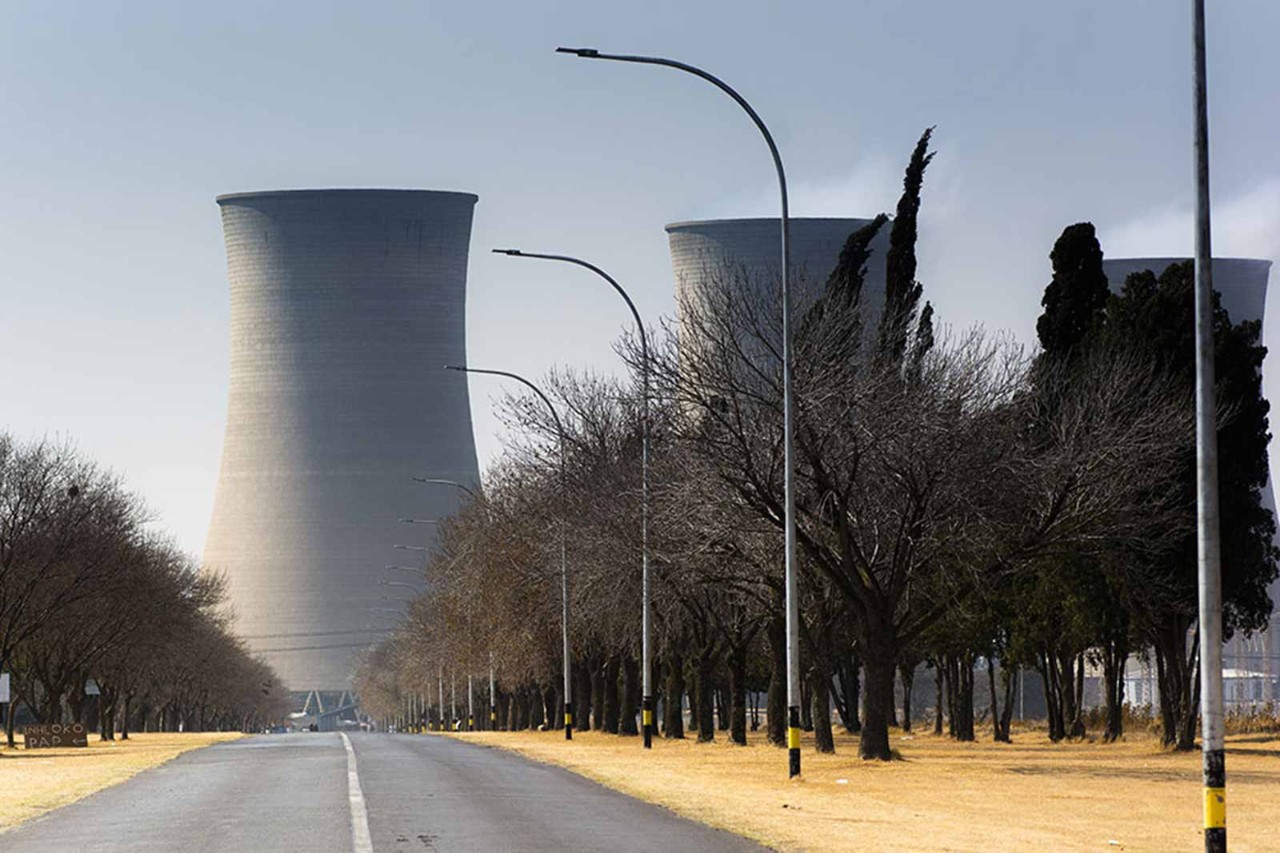
As the planet continues to heat up, there have been growing calls to tax the burning of carbon-based fossil fuel as way of choking off greenhouse gas emissions. Between 1990 and 2020, the global count of carbon pricing initiatives went from two to 61. Of those 61, which cover around 22% of global greenhouse gas emissions and raised more than US$45bn in 2019, 30 were carbon taxes, according to the World Bank’s State and Trends of Carbon Pricing 2020 report.
Aggressive carbon pricing mechanisms are being used by developed countries to pivot to a green economy. The European Union, for example, aims to make Europe the first climate-neutral continent by 2050. It is considering a border levy on carbon-intensive imports to ensure they incorporate the same carbon costs as goods produced within the EU.
Africa lagging
In the developing world, however, similar initiatives have been snail-paced. In Africa, only South Africa – the 14th largest emitter of greenhouse gases globally, according to the news website Carbon Brief, and one of the countries worst affected by climate change – has a substantive carbon tax, which came into force in 2019. The tax is paid by carbon emitters, while tax-free allowances incentivise companies to embrace cleaner and greener technologies. In the 2020/21 financial year, the country raised an estimated R2.5bn (US$175m) from the tax, according to Cova Advisory research.
Business leaders in Africa see carbon taxation as key to accelerating investment in a net-zero economy. According to Standard Chartered’s Zeronomics study, 90% of business heads in Ghana, Kenya, Nigeria, South Africa, Uganda and Zambia, compared with 77% globally, support an effective global carbon tax, based on a carbon price that reflects the true cost of climate change, to help transition to a carbon-neutral economy.
Furthermore, the latest global report from the Carbon Disclosure Project reveals that the Africa region has the highest proportion of companies using or planning to use an internal carbon price, primarily driven by the tax in South Africa.
Carbon taxation is the perfect post-Covid, inclusive, green-growth policy
Power to transform
Carbon tax in Africa could be transformative. It has the potential to widen the tax base in a continent with a huge, untaxed, ‘informal’ sector. The resulting boost to tax takes could support greater spend on traditionally underfunded development sectors including health, environment and education while helping countries achieve their sustainable development goals.
Eunice Makau, an environmental economist and training consultant working with community based organisations in Central and Eastern Kenya, says: ‘Most importantly, it would entrench the “polluter pays” principle by transferring the liability to the biggest polluters and incentivising clean energy initiatives. But in a continent where mistrust by the public on tax, government spending and corruption is still commonplace, there need to be aggressive awareness campaigns on the benefits, and the tax collected must be channelled into addressing decarbonisation and green energy projects, otherwise it defeats the purpose of having it in the first place.’
Makau’s warning hits home in the case of South Africa’s decarbonisation plans, which have been criticised for lack of transparency in collecting the carbon tax and a failure to ringfence the receipts for green energy initiatives. And that’s before politics, vested interests and the government’s determination to protect jobs get in the way.
The critics of a carbon tax also argue that it could exacerbate energy poverty among the majority of ordinary Africans, who rely on traditional fossil fuels to meet their energy needs. Affordable clean energy is one of the UN’s 17 Sustainable Development Goals, and the eradication of poverty is another.
The late Professor Charles Odidi Okidi, environmental scholar and founder director of the Centre for Advanced Studies in Environmental Law and Policy at the University of Nairobi, believed that any penalty or tax liability imposed on fossil fuel suppliers would simply be passed on to customers. ‘The end result is a disjointed value chain, where customers are struggling to access highly priced sources of energy,’ he said earlier this year. ‘The result is a proliferation of black markets and the introduction of cheaper, dangerous alternatives. Introduction of this tax must come with affordable and sustainable options that address the concerns of players across the value chain.’
Enforcement and compliance
The lack of a framework for monitoring and reporting carbon emissions is another issue. According to Odidi, the complicated architecture and substantial investment required for enforcement and compliance means that much will have to be done if African governments are to realise the value of a carbon tax.
That potential value, though, is inestimable – more than enough to make capturing it a goal well worth pursuing. Africa, along with the rest of the world, is grappling with the devastating impact of Covid-19 and searching for innovative ways to drive recovery and growth. Successful carbon taxation could offer the continent a way to achieve growth while meeting its environmental obligations.
Indeed, the Brookings Africa Growth Initiative’s Foresight Africa 2021 report points out that a carbon tax is the obvious choice for African policymakers in the wake of the pandemic. It declares: ‘It can raise much needed substantial revenues for progressive recovery packages with a broad tax base. It has short-term balance-of-payment benefits and incentivises long-term green investments. It is, therefore, the perfect post-Covid, inclusive, green-growth policy.’
Further information
The accountancy profession has a vital role to play in sustainability and climate action. To find out more, visit ACCA’s Sustainability Reporting hub and join the Big Conversation on climate action.



